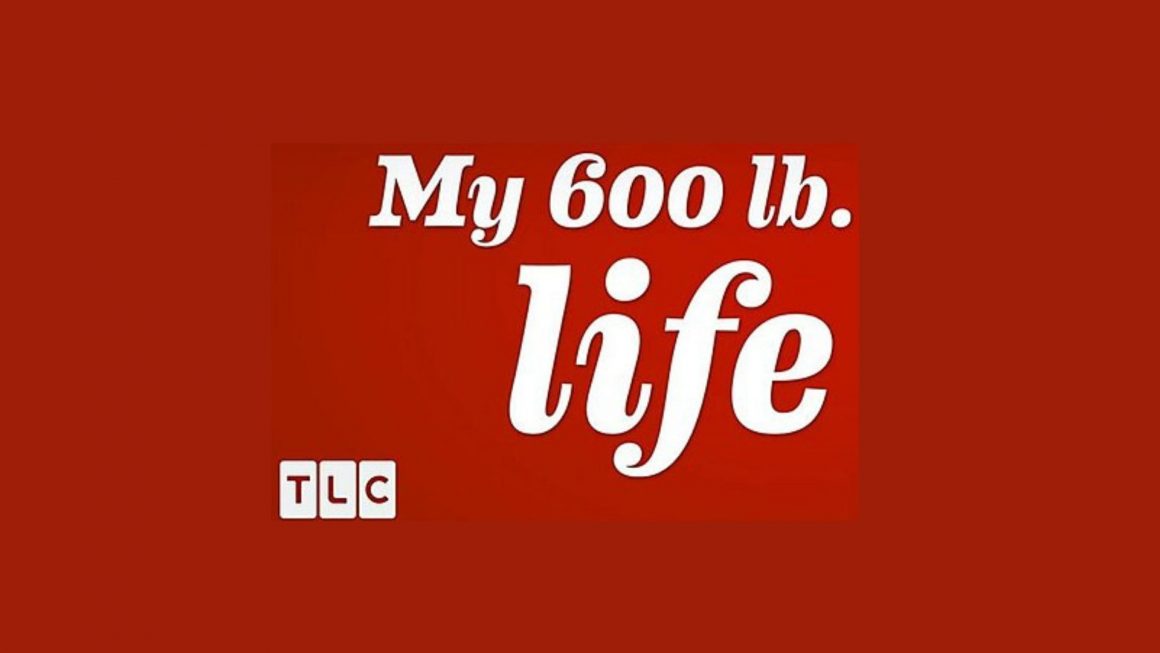
The troubling voyeurism of TLC’s My 600-lb Life
By Josie Simon, July 2 2024—
TLC’s reality series My 600-lb Life treads a thin line between documentary and exploitation, chronicling the intense weight loss journeys of individuals battling severe obesity. While the show claims to offer participants a chance at a healthier life through the prospect of bariatric surgery under Dr. Younan Nowzaradan’s guidance, it has drawn significant criticism for its voyeuristic tendencies and ethical lapses.
Since its debut in 2012, My 600-lb Life has followed individuals weighing 600 pounds or more as they strive to qualify for life-altering bariatric surgery, a procedure that reduces the stomach’s capacity to aid weight loss. The series intimately documents their struggles to overcome psychological barriers and reclaim their health and independence.
At the heart of the controversy lies the show’s apparent fascination with capturing its participants’ most private moments, packaged under the guise of raw honesty. Critics argue that the producers’ insistence on filming participants at their most vulnerable—from attempting to fit into ill-equipped bathrooms to being washed in makeshift setups—crosses the line from empathetic portrayal into uncomfortable voyeurism. Fat rights activist Evette Dionne has pointed out that such scenes seem designed to elicit shock and pity rather than understanding or compassion.
Compounding the show’s ethical challenges are the lawsuits filed by former participants alleging negligence on the producers’ part. The tragic case of James Bonner, who took his own life in 2018 after appearing on the show, highlights the potentially devastating impact of failure to provide promised care. Bonner’s family sued the production company, alleging that despite his expressions of suicidal thoughts, they ignored his pleas for mental health assistance and responded dismissively when he requested help. These accusations underscore a deeply entrenched lack of respect and concern for the well-being of the show’s participants.
Multiple other former cast members have also filed lawsuits against Megalomedia, the production company behind My 600-lb Life, citing negligence and failure to provide proper aftercare services as promised, such as paying medical bills. The lawsuits claim the intense filming schedule, with producers persistently pressuring participants even when they did not want to film, took a significant psychological toll.
Critics further argue that My 600-lb Life prioritizes dramatic content over participant well-being. In one case, crew members did nothing when Steven Assanti fell in season four. In another, they filmed Samantha Mason’s emotional breakdown after binge eating in season nine without offering any support.
However, the show’s worst ethical violation lies in its invasive nude scenes that strip away participants’ dignity under the false claim of being “authentic.” These scenes graphically expose extremely personal moments like bathing or using the restroom for all to see.
For instance, in season seven, Jeanne Covey was partially nude on camera while using a bedside toilet, then bent over the bed for her mother to wipe and clean her—an incredibly intimate and degrading moment filmed without compassion, crossing far over the line from storytelling into voyeuristic exploitation.
Such invasive scenes are even riskier for those with trauma histories like sexual abuse. Exposing their most vulnerable moments for all to see could worsen psychological conditions. Yet producers seem unconcerned with this serious consequence as they persist with this exploitative approach, prizing sensationalism over human dignity.
As viewers, we cannot ignore this inhumane treatment for our entertainment. My 600-lb Life exploits vulnerable individuals through voyeuristic tendencies and a disregard for their dignity. The prioritization of dramatic content over genuine care is unacceptable. We must speak out against such unethical practices and demand better from the entertainment industry.
This article is a part of our Opinions section and does not necessarily reflect the views of the Gauntlet editorial board.
